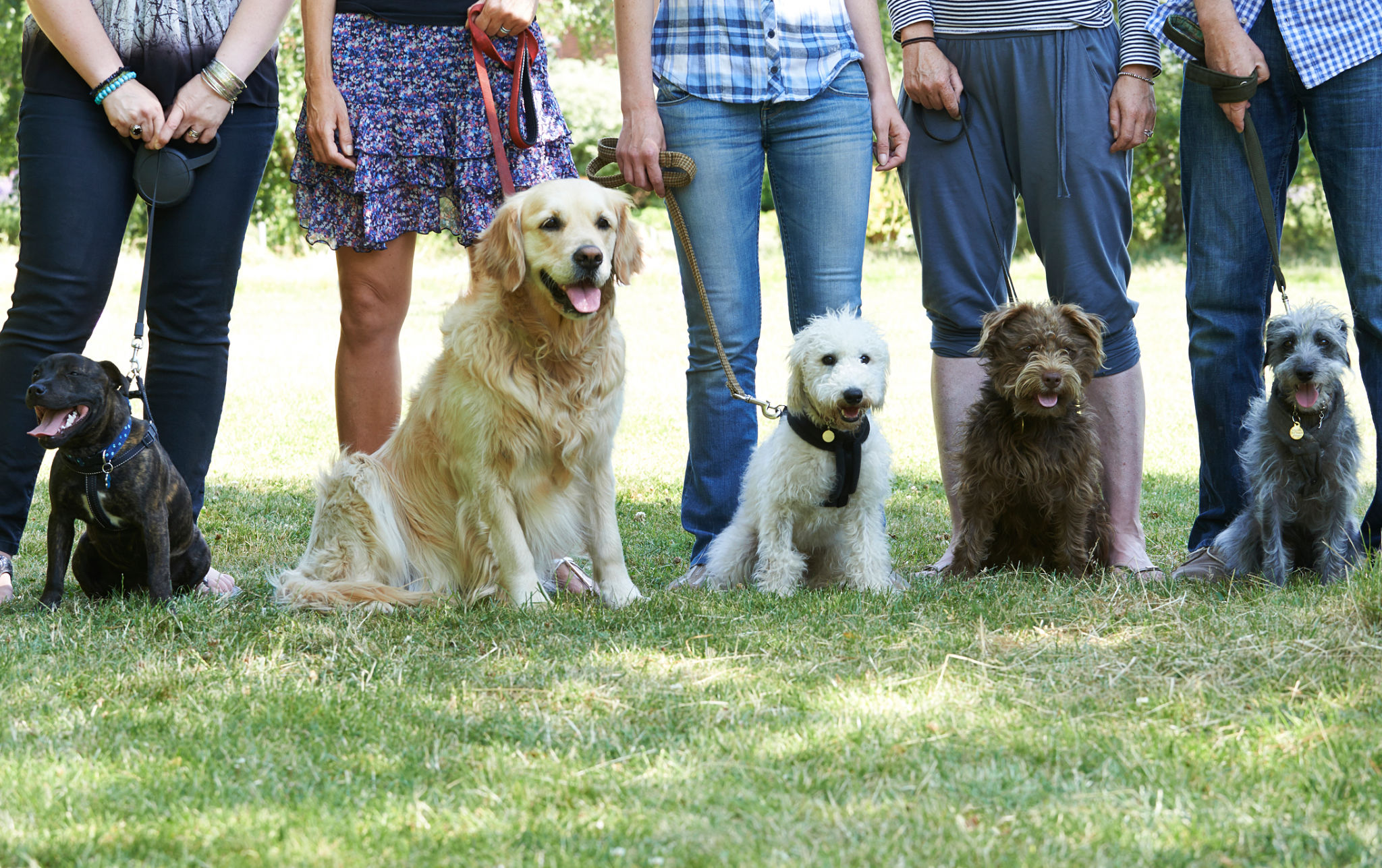Local Dog Training Services: Finding the Right Fit
Understanding Your Dog’s Training Needs
When it comes to training your dog, it's crucial to understand their specific needs and personality. Not all dogs require the same training approach, and what works for one may not work for another. Determining what your dog needs can help you choose the right training program and professional.
Consider factors such as your dog's age, breed, and behavioral issues. Puppies often need basic obedience training, while older dogs might benefit from more advanced or specialized training. Some breeds are naturally more energetic or stubborn, which may require a different approach.

Types of Dog Training Services
There are several types of dog training services available, each catering to different needs and preferences. Here’s a brief overview of some common options:
- Obedience Training: This is foundational training that focuses on commands like sit, stay, and come.
- Behavioral Training: This addresses specific issues such as excessive barking, biting, or anxiety.
- Agility Training: For dogs that need physical activity and mental stimulation, agility training can be a great fit.
- Therapy Dog Training: Aimed at training dogs to provide emotional support and comfort to people in various settings.
Choosing the Right Trainer
Selecting the right dog trainer is a crucial step in ensuring effective results. Look for trainers with certification from reputable organizations like the Certification Council for Professional Dog Trainers (CCPDT). Experience is also key—trainers who have worked with a variety of breeds and behavioral issues are often more versatile.

Ask for referrals from friends or family who have had positive experiences with trainers. Reviews and testimonials can also provide insights into a trainer’s methods and success rate. A good trainer will also offer an initial consultation to discuss your dog’s specific needs and tailor a training plan accordingly.
Training Philosophy and Techniques
Understanding a trainer's philosophy and techniques can help you decide if they're the right fit. Some trainers focus on positive reinforcement, which rewards good behavior with treats or praise. Others may use a balanced approach that incorporates corrections when necessary.
Avoid trainers who use harsh methods or punishment-based techniques, as these can lead to fear and anxiety in dogs. A trainer who emphasizes patience and understanding is more likely to create a positive environment for your dog to learn and grow.

Consider Group vs. Private Sessions
Deciding between group classes and private sessions depends on your dog's personality and your goals. Group classes are excellent for socialization and learning basic commands in a distracting environment. They're often more affordable and can be a fun way for both you and your dog to interact with others.
Private sessions, on the other hand, offer personalized attention and can be tailored to address specific behavioral issues. They provide flexibility in scheduling and allow for more focused instruction.
Evaluating Progress
Regularly evaluate your dog’s progress to ensure the training is effective. A good trainer will set clear goals and milestones to track improvements. Be patient, as some dogs may take longer to learn than others.
Keep communication open with your trainer to discuss any concerns or adjustments needed in the training approach. Remember that consistency is key; practicing commands and reinforcing behaviors at home will enhance the training process.
Cost Considerations
The cost of dog training services varies based on factors like location, trainer expertise, and session type. Group classes are generally less expensive than private sessions but may not offer the individualized attention some dogs need.
Investing in quality training can lead to long-term benefits, including improved behavior and a stronger bond with your dog. Consider it an investment in your pet’s well-being and your own peace of mind.

Final Thoughts
Finding the right local dog training service requires research and careful consideration of your dog's needs. By understanding the types of services available, evaluating trainers, and considering your budget, you can make an informed decision that benefits both you and your furry friend.
Remember, effective training not only improves your dog's behavior but also enhances the quality of life for both of you. With the right guidance, patience, and consistency, you’ll be on your way to having a well-trained companion.
